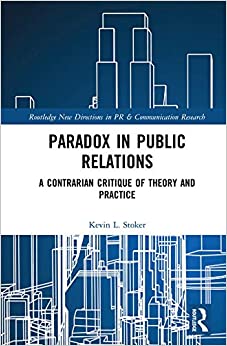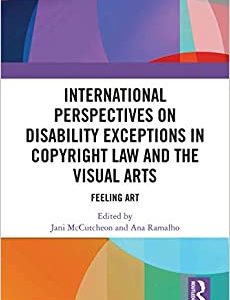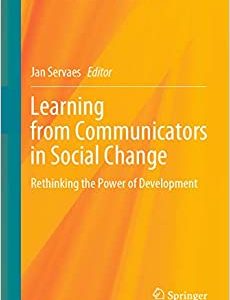Paradox in Public Relations: A Contrarian Critique of Theory and Practice is a thought-provoking exploration of public relations, aiming to promote changes in meaning and perception by creating new meta-realities for public relations.
The term “Public Relations” was embraced by early practitioners primarily because it sounded more professional than the often-pejorative alternatives. This book argues for a reframing of some of the popular realities associated with modern-day public relations and uses psychological and organizational change theory to critique paradoxes in public relations theory and practice. By examining public relations through the lens of paradox, we can begin to identify the logical fallacies that have inhibited progress and innovation in public relations practice and theory. The book explores the paradoxical nature of key concepts, including public interest, relationship management, accountability, stewardship, loyalty, community, and ethics. It also recommends new conceptualizations for understanding the field.
This book will be of interest to media, communication, public relations, and advertising faculty and graduate students, particularly those interested in public relations theory and ethics. Scholars from other disciplines can also use this exploration of paradox in PR as a learning tool for identifying logical fallacies and inconsistencies.











